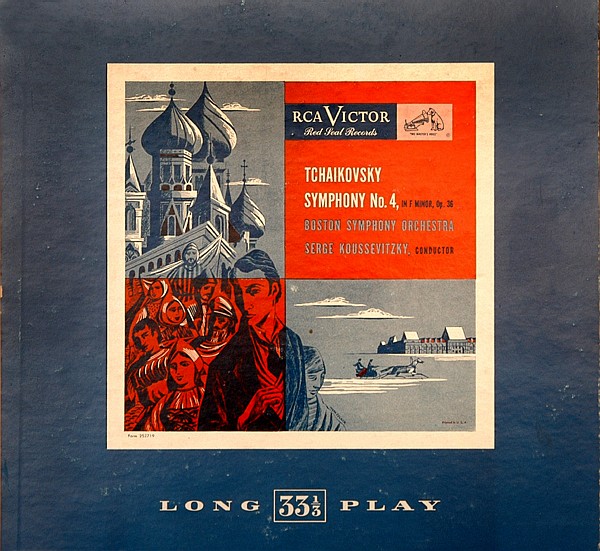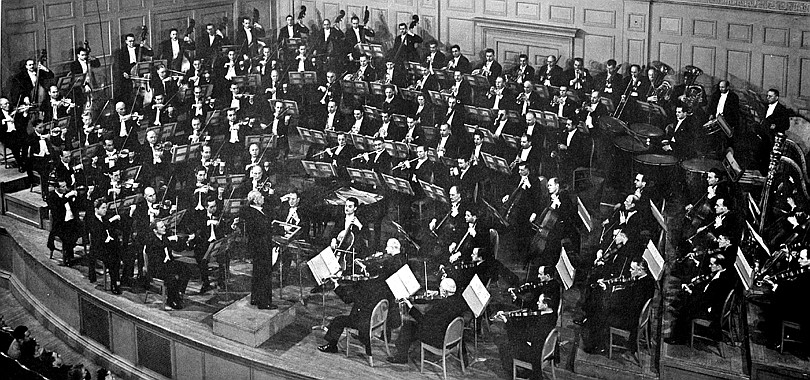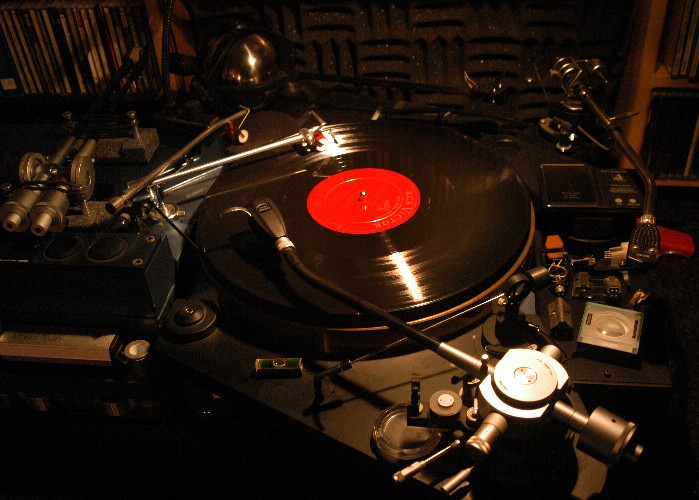where can i get the abortion pill
abortion pill cost
click tadalafil generico doc
generico cialis italia
read here The regular visitors of my site know about my recent frustrations with my new Ortofon SPU cartridge for my “mono tonearm”: Is it all that Ortofon SPU can do? Today I made some alternations that more or less cured the audio problem and I decided to hit some “serious music” to see how my mono-tonearm would work out for me.
A few days ago Clark Johnson visited me and I played to him the Third movement of Mravinsky 1961 performance of Tchaikovsky IV. I love what Mravinsky did with this movement and I pretty much calibrate the bass balance of my playback using this Mravinsky performance. At the same time I was involved in a discussing within Massimo Nespolo Forum a subject why Valery Gergiev makes the Tchaikovsky IV sound “like a symphony on the edge of a nervous breakdown, a symphony whose hysterical themes, histrionic developments, excessive orchestrations, and unrestrained banality express the quintessence of incipient dementia.” So, the bias of Tchaikovsky IV was flying over me and walking to my shelf with the selected best performances even committed to a recording media I went to “T”-“Russians”-“Tchaikovsky” and pulled out my Mono versions of Tchaikovskys IV.
First I played Mengelberg with Concertgebouw from 1929. But the Tchaikovsky Fourth is not the Tchaikovsky Fifth and it should not yet be loaded with that pessimism and melancholy that Mengelberg spread all around that music. Paraphrasing George Balanchine the Fifth is about Tchaikovskys looked at the end parade that juts walked along the street and discovered that he is not among the parading people. The Fourth was before, and it was the first sensation of Tchaikovskys when he is looking at the parade currently walking along the street and feeling that he juts casual pedestrian and not a participant of the parade….
So, skipping the Mravinsky performance form 1957, Erich Kleiber from 1948 and 1941, Guido Cantelli from 1949, Eduard van Beinum from 1940, Dmitry Mitropoulos from 1940, Stokowski from twenties, Sanderling from mid 50s, Enescu with Russians right after the War and young Karajan from beginning of 50s I went to the incontestable king of the Tchaikovskys IV - Serge Koussevitzky
I have 3 recordings of Koussevitzky leading the Tchaikovskys IV – from 1935-36, 1946 and form 1949. I heard that there are 5 recordings of Koussevitzky all together but I did not hear the rest two. Koussevitzky recording from 1935-36 is very fine but the “fineness” of the First Movement is greater then the rest of movements, also the orchestra plays kind of being afraid of itself. The Boston Symphony sound in 1936 phenomenally well but they really do not let it go all the way down. The situation will be changed in 1949 years. However, before this, in 1946 Koussevitzky recorded the Tchaikovskys IV live at some kind of strange location. Sonically it is not Boston Symphony Hall or Tanglewool but something even… worth...
...And then the big year for the Tchaikovskys IV comes – the 1949. This year Sergey Koussevitzky recorded this work twice: the rehearsal and the actual performance in the Boston’s Symphony Hall. I did not hear the rehearsal.

RCA Victor LM-1008
The recording of Koussevitzky leading Boston Symphony in April 1949 is not juts the greatest performance of this work even was recorded but this is one of the greater musical event that ever was recorded. When you listen this performance is sounds like a studio recording – the music and the efforts of the musicians are so swiping that you will not hear any existence of audience in there. The melodism, the fantastic sense of rhythm combined with hair-raising force or orchestra make this performance to jump out of a scope of being juts a Tchaikovskys IV but rather this performance delivers a message what could me theoretically accomplished in symphonic music. The Boston Symphony orchestras dose such an unparalleled job that it might hurt your expectation… how an orchestras might sound. Each single note, each single phrase the Boston with Koussevitzky did in there are not just perfect but they define what the definition of perfection might be. If you feel that Mahler was on something when he suggested after his first movement of “Resurrection” the musicians and audiences should take 5 minutes to pose, to come down thier nerves…. then wait unit you hear what Koussevitzky with Boston did in 1949 with the Tchaikovskys IV’s First Movement! What they did dose not sound like Mahler’s hart–stopping musical “load” but rather like an musical defibrillator.
Really, this is quite different Tchaikovsky. Usually Tchaikovskys played like pussy-composer converting all his music in waltz-polka-like tragic. Those weepy crescendos are fine when you chew a Yankee-junkie hotdog while watching the July 4 firework and those ballet paradises are catchy but are they all that we can get out of Tchaikovsky? Koussevitzky with Boston in 1949 made a keystone statement how it might be, ...might be if the conductor “knows” and the musicians “can”….

Boston Symphony Orchestra with Sergey Koussevitzky on podium in 1947
How, let return form where I started- the sound. Sonically this 1949 recording is absolutely magnificent and here is where the Ortofon SPU MONO shines in it glory. I know very well ho this recoding sounds with my reference stereo cartridges but the SPU MONO took it way further. This cartridge kind of put all together and brash music with some very beautiful warm colors. The very-very slight upper bass warmth and forwardness are still here but in context of THAT orchestra’s tone it dose not sound annoying but rather it sound very natural and very realistic. I made an experiment and tried to play this performance after the SPU MONO with my current best stereo cartridge (with a complex needle profile) but I stopped after the few notes. All together the Ortofon SPU MONO is excused for it’s minor upperbass faults and it settling down permanently to live in my playback.

Rgs,
Romy the Cat
"I wish I could score everything for horns." - Richard Wagner. "Our writing equipment takes part in the forming of our thoughts." - Friedrich Nietzsche